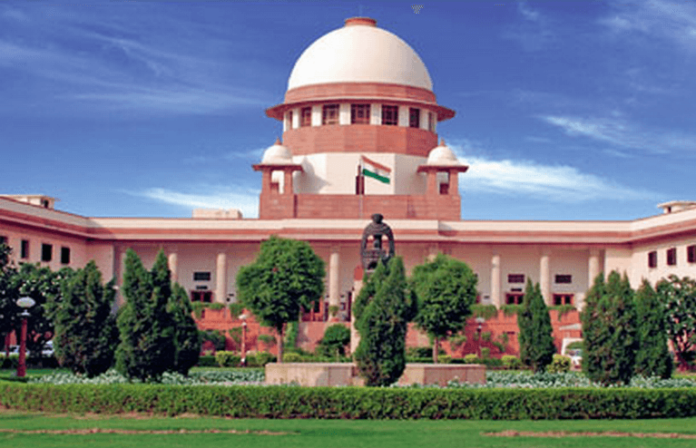India’s Supreme Court on Aug. 20 rejected the request of two parents seeking passive euthanasia for their 30-year-old son who has been in a vegetative state for 11 years.
However, it simultaneously asked India’s federal government to take action to find an institution that can support this family that can no longer meet the cost of treatment.
Ashok Rana, 62, and Nirmala Devi, 55, struggled to save their son, who had suffered severe head trauma and quadriplegia (100 percent disability) after falling from the fourth floor of a fee-paying guesthouse in Mohali, Punjab, while attending a civil engineering degree program.
Their lawyer told the judges that the father’s meager pension was now insufficient to support the family and that they had been forced to sell their house in 2021 to meet their son’s rising medical expenses.
That is why they petitioned the Supreme Court to set up a medical commission to examine the removal of Ryles’ tube, the instrument through which the young man has so far been fed, appealing the 2018 ruling through which India allowed passive euthanasia.
The court objected, however, explaining that this would not be a case of passive euthanasia. “If Ryles’ tube is removed, the patient will die of starvation,” explained Chief Justice D Y Chandrachud and Justices J B Pardiwala and Manoj Misra. Passive euthanasia is a very different thing. The Ryles tube is not a life support system.”
A similar judgment had already been made on the case by the Delhi High Court.
At the same time, however, the judgments were not insensitive to this heartbreaking case of two parents who have struggled for more than a decade, spent their life savings and yet see no light at the end of a long and arduous journey.
The court has therefore asked Attorney General Aishwarya Bhati to consult with the Union government to determine whether a permanent solution can be found, namely taking care of the 30-year-old man in a vegetative state and releasing the parents from their financial constraints.
Commenting on this case to AsiaNews, Dr. Pascoal Carvalho, a physician who served at the Pontifical Academy for Life (PAV) in the Vatican, said, “We welcome this ruling, which, while upholding the culture of life, is also compassionate toward the caregivers and seeks palliative care at home for the patient.”
Dr. Carvalho also referred to the Pontifical Academy for Life’s new text “Small Lexicon on the End of Life” published earlier this month, which, while reiterating the absolute “no” to euthanasia and assisted suicide, contains a new openness on the part of the Vatican with respect to so-called “aggressive treatment,” specifically the obligation to provide food and hydration to patients in a vegetative state.
“In section 13 of the volume, which addresses the issue of food and hydration, reference is made to the declaration Dignias infinita recently published by the Dicastery for the Doctrine of the Faith, which reiterates the need to avoid ‘any aggressive therapy or disproportionate intervention’ in the treatment of patients with serious illness.”
“The Pontifical Academy for Life,” Carvalho continued, ”has insisted, however, that this position does not conflict with the position previously taken by the dicastery for the Doctrine of the Faith on the issue of food and hydration, contained in a 2007 response to bishops in the United States on the moral obligation to provide food and water to patients in a vegetative state, including through artificial means.”










